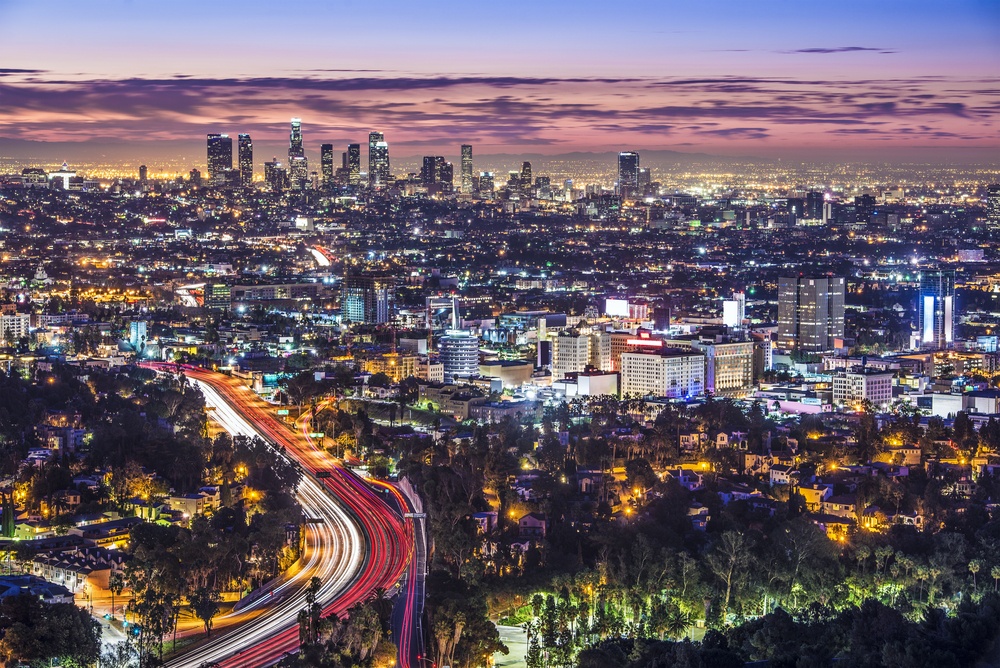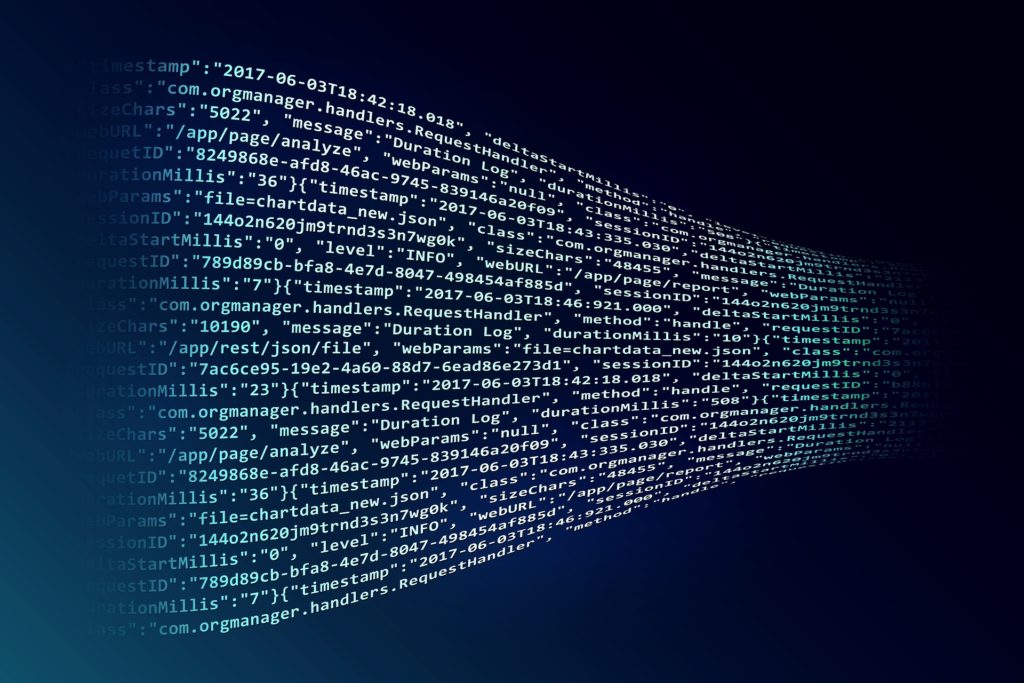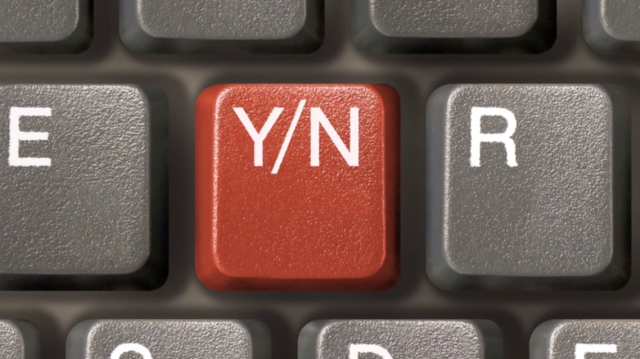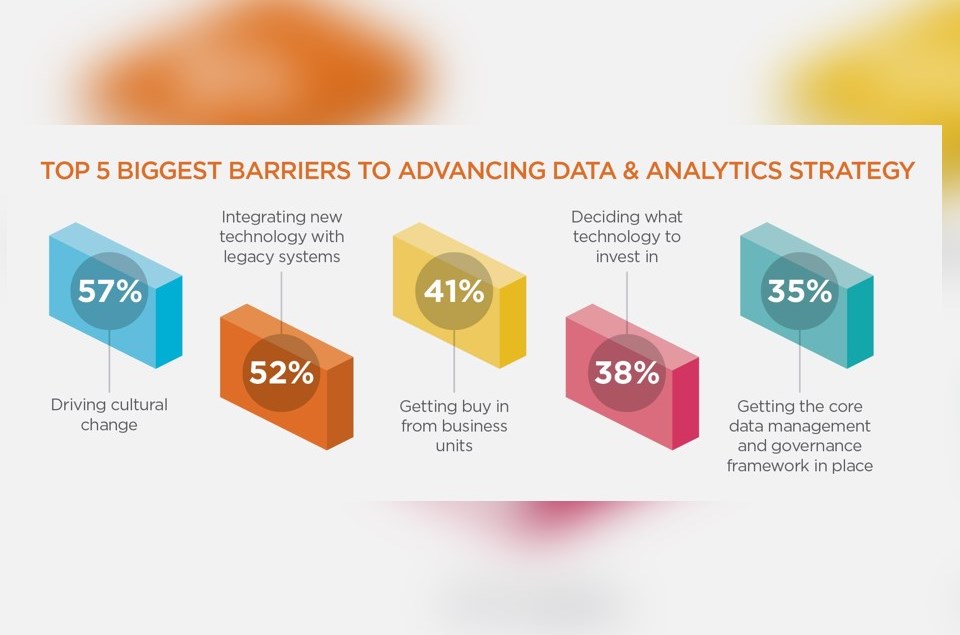Although the year is only 2 months old, 2018 has already seen an increase in the use and adoption of Artificial Intelligence, with many new AI systems launching into the marketplace. AI is taking the world by storm and it is not just human intelligence, but also the belief that AI can lead to greater perfection. This is especially true in the journey that AI has been on in realizing the dream of robot technologies, virtual assistants and most recently chatbots.
Today, AI is operational in almost all industries and sectors, including the data security arena. Firms have been using machine-learning models and algorithms that drive AI combined with other forms of AI technologies to predict cyber attacks and identify any security holes or flaws before they become a problem.
What does this mean for hackers?
This move has given hackers a chance to improve and forge a new path to anticipating cyber-attacks via machine-learning models. AI powered systems are now capable of monitoring and matching humans in creating messages that are as close to those that a human would create which can be sent out to anticipate malicious attacks. AI technology can perfect this by launching their attacks in bulk without ever tiring. “Spearphishing” is now an automated process as a result by which AI powered systems can be used to tame what is going on within cyberspace.
Automation is slowly becoming the norm in cyberspace and is, in some cases, replacing the actual existence of the human body on the other end of the cybersphere. This means there can be an incrased chance of AI-powered malware that poses an even bigger threat, as this is more intelligcent and can identify flows in organizations systems, thus performing their excavation flawlessly.
How Can AI Be Regulated?
As AI and associated capabilities become more powerful, it will soon outdo humans with its ability to identify security holes and act to fill them. Before long, society is likely to be hit by the weapon that they advocated for as the better way to change.
With human intelligence, the risks can be countered, and AI can be used for good. Therefore, there is a need to enforce regulations on AI systems rather than spend too much time on exploiting what it is capable of. Too much focus on improving the technology behind AI could see society trapped in a loop where the technology does not evolve for the good too quickly.
It is thought that AI will usher in a new era that will threaten the digital space. It has been said that once the use of AI is more widespread, this will be the “right” time for cyberwar to happen. AI is the only technology to date that has a future which is dependent on the present and how those in the the cyberspeare decide how to regulate it.
Final Thoughts
It is said that the substantial progress in AI would someday usher in an era where humans are extinct or some other unrecoverable global catastrophe happens as a result. AI could easily overtake humanity in general intelligence and become super-intelligent, with this new form of intelligence becoming more powerful and cumbersome to control. Human intelligence may even become obsolete.
An AI system’s capabilities for dynamic learning may mean it evolves into a system with unintended behaviours, even without new external scenarios creeping in. AI’s progress means that research should be done not only on making it more capable, but also maximizing the social benefits it brings. It is one of the best technologies developed to date, and has come at just the right time.
What do you think of the emergence of AI? Do you think it needs more regulation and control? Or do you think it should go as far as we want it to go, and even overtake human intelligence? Join the debate in our CXO Hangout LinkedIn groups.








